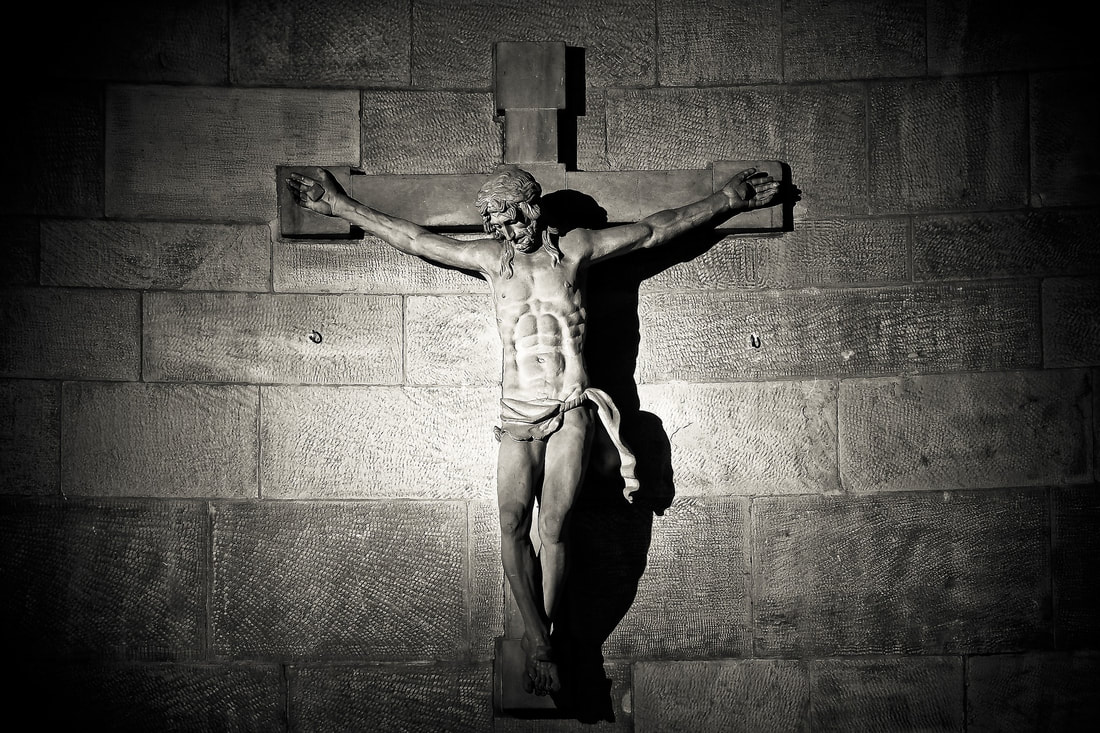|
Everyone has an opinion about what I am doing. They love it! They hate it! I should do “x!” I should NOT do “y!” People have thoughts on how I present myself, what I say, what I wear, who I am. I'm a heretic. I'm a hero. I'm sick. I'm strong. I'm being led astray (as if I don't have my own thinking mind and praying heart). I'm on the path of the Holy Spirit. Most recently, a friend and kindred spirit told me that a friend of his read the New Yorker article and in the most kind and sincere way said, “I respect what she is doing, but I cannot help but feel her efforts will be a waste.” Ouch.
In one way, all this energy is thrilling. The sheer fact that people respond so strongly in this or that way means that I am up to something very important. And, as excruciating as this path is, I feel alive. Not to mention, people often times share things that are extremely helpful, and I feel God’s touch through them. But, on the other hand, there is so, so much noise. It’s easy to feel hurt or confused or hesitant or dejected. After all, I am not even ordained yet: I am just a fledgling trying to find my way step by step—slowly discovering who I am as a priest. This formation is not something that can be rushed, but it can be delayed if I get knocked off course. When I catch myself marveling at all the commentary, I recall a conversation that I had some months ago with an Episcopal priest. She was about my age, give or take, and shared that she had been a priest for 23 years. Twenty-three years! I was taken aback, literally knocked backwards. I was amazed. Her gender was a non-issue: she was able to follow her vocation as a young woman, and she has had a long and fruitful career doing what she loves—what God has called her to do. She was able to say “yes” without one word about it. With all that swirls around me, I am keenly aware that more than ever I must stay rooted in the Spirit. Like the disciples in this Sunday's gospel, I return from my work of the day to eagerly share in my prayer all that has transpired with Jesus. He listens, sympathizes, teases. Then, he takes me by the hand and leads me to a deserted place. There, the quiet blankets all the noise within me and God’s voice swells up through the silence to teach me about the path, about who I am. It is my goal that someday, when I am old and gray, I will have the distinct pleasure of watching young women enter the Roman Catholic priesthood without one word about it. As long as that prayer glows in my heart, my efforts will never be wasted. My Facebook page transformed overnight from a place of support and encouragement to one of harassment and cruelty. It is clear that some people do not appreciate my challenge to long-held traditions—traditions they rely on to make sense of the world around them. My ministry threatens their worldview, and so they lash out in an effort to keep things stable and familiar.
I have been diligently praying through the comments and reactions, trying to discern whether and how to respond. I have to take the time to sort through the emotions that rush to the surface. I ask the Spirit to look with me, to teach me about myself, about the situation, about the path forward. Only when I reach a place of inner freedom do I respond with loving kindness to those who degrade me. I do this in a true effort to make a respectful connection across the great chasm of difference between us. I have mixed feelings about it. On the one hand, perhaps it is a waste of time. Have I really changed anyone’s mind? Also, it is draining, and it is particularly demoralizing to see this behavior from women--especially young women--who have internalized the Church's sexism so completely that they actually believe women are deficient. On the other hand, it’s important to show what female priests experience. The anger. The derision. The hatred. The disrespect. There it is, in black and white: the tangible effects of a Church doctrine that teaches inequality. There is no denying the darkness. And practically? Well, its good practice: I need to sharpen my chops. I want to be like Rev. Shanon Sterringer, who swooped in on my page and blasted these folks with both barrels. She is so educated, so competent and so articulate, no one can touch her. My goal is to be like that. After all, the more support I gain, the more public condemnation I will receive. (I will really know I’ve made it when I start receiving death threats.) An interesting effect of this ongoing harassment is that I feel much closer to Jesus--and in a new way. For the first time, I have a *tiny* taste of his particular experience of rejection and humiliation. In my prayer we were sitting together on the trunk of a fallen tree at the edge of a meadow. He looked at me and with a wry smile said, “It’s not that fun, is it?” Shaking my head, I chuckled, “No, it isn’t.” He skooched closer, threw his arm over my shoulder, and we laughed. “Don’t worry,” he said, “I got you.” What I realized this week on a visceral level is that I have to come to grips with the reality that an important part of my ministry is enduring this abuse. I cannot let it eat away my spirit and my stomach lining. Instead, I must welcome it, purify it, and offer love back as a response--and to do all this as prayer... for the Church, for God, and for justice. This is the way of Jesus, and it is the only way the cycle of darkness can be broken. It is perhaps true that most people would much rather have things remain the same--even if that means sacrificing the salvation God is so generously offering. But convincing people to change is not the point. As the reading this week from Ezekiel reminds us, God does not ask us to bring about results necessarily, but rather to be faithful to what God calls us to do--who God calls us to be. For the point is that, whether the people heed or resist, it is through us and our love that they shall know that God’s Spirit has been among them. |


 RSS Feed
RSS Feed
